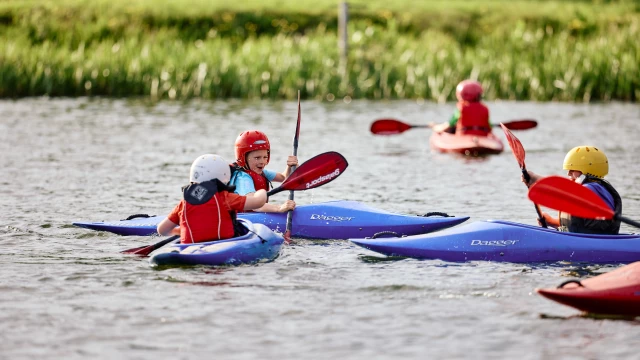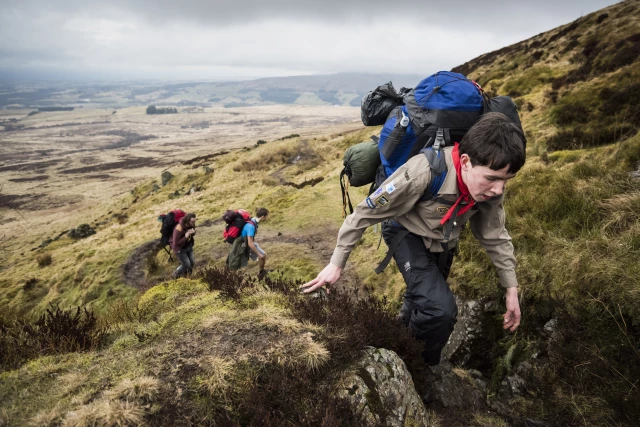67th Doncaster Scouts
Age 10½ - 14½ years
Scouts are a go-getting group of young people who:
- Master new skills, try new things
- Make new friends
- Have fun, and go on adventures, at home and abroad
- Explore the world around them
- Helps others and make a difference, in their own communities and beyond.
Outdoor activities feature prominently in the Scout Programme, with the highlight invariably being camping. Throughout the year, Scouts learn various skills, such as map reading, camp cooking and first aid in preparation for their camps.
There is an extensive range of Activity badges that Scouts can earn. The range is diverse and Scouts are encouraged to take on new challenges and embark on new adventures when working for these badges.
67th Doncaster Scouts meet on Tuesday 7:30pm - 9:30pm
If you have any questions about Scouts, please contact us.
Scouts FAQs
If you have any questions at all, please get in touch via our contact form and one of our friendly scout leaders will respond ASAP.
Each Scout Troop is made up of young people aged 10½ to 14, led by trained adult volunteers who are on hand to share their skills and keep everyone safe. Traditionally, Scout leaders were nicknamed ‘Skip’ – an abbreviation of ‘Skipper’, which is a name given to a ship’s captain. In some Troops this name is still used, but these days it’s more common for Scout leaders to just use their real names.
Within their Troop, Scouts are part of a Patrol - smaller groups of Scouts who look out for one another, and help each other grow. Scouts usually gather in their Patrols at the beginning and end of meetings. They might also stick together on expeditions or trips away, or during certain activities.
Scouts is for everyone. If you have any questions about accessibility, have a chat with your local leader. By being upfront about additional needs from the start, we can work together to make sure everyone can join in the fun on their own terms. More information on specific adjustments is available on our Reasonable Adjustments page.
Once you’ve had time to settle in, you’ll get your own uniform to wear during meetings and on trips away.
Scouts usually wear a green shirt or blouse with their badges sewn on, which they pair with their Troop or Group scarf. They might wear blue uniform trousers or a skirt, or they might save their uniform bottoms for special occasions like awards ceremonies and public events – choosing to wear something more casual with their shirt during the week. Visit our Scouts uniform and badge placement page to find out more.
The cost of going to Scouts will depend on how your local Troop does things. Usually, a basic fee covering the cost of the hire and upkeep of the place where you meet will be collected weekly, monthly, termly or annually. Trips, camps and activities that take place away from the usual meeting place are usually charged separately.
Scouts is designed to be an affordable way to learn lots of new skills through a single membership. Nobody should feel excluded because of money worries. If they’re concerned about costs, adults should speak to their local leader in confidence, to see what they can do to help. In most cases, support is available to make sure nobody misses out. Find out more about the support available on our Grants and Funds page.
What do Scouts get up to?
Being a Scout is all about discovering the world on your own terms and making the most of what you have, wherever and whoever you are.
Sprotbrough 67th (Doncaster) Scouts Calendar
Events and weekly meet-ups
Monday
Tuesday
Wednesday
Thursday
Friday
Saturday
Sunday




